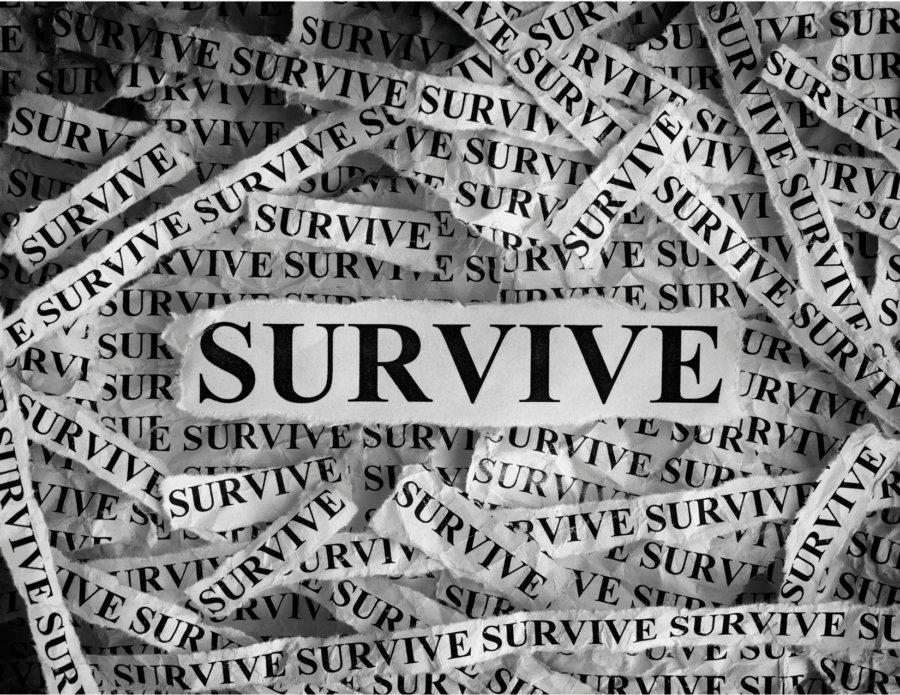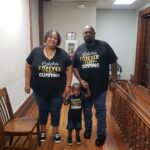Understanding a Child’s Trauma and Survival Habits

About Course
1 in 7 children have experienced child abuse and/or neglect, and a child in foster care more than likely has experienced one of these traumas in their lives. The experience of trauma has a lasting effect on the physiological and mental health, changing brain chemistry and the release of hormones, along with the ability to form and maintain relationships with others. Many behaviors can be frustrating for caregivers when a child appears immature for their age, clingy, overly-sensitive and even oppositional and angry. The effects of abuse vary from child to child, but the most common thing we have to start recognizing is a child is doing what they think is best for their survival. Once we start to learn more about how they think and reason regarding their responses to situations and others’ actions, then we can start to form better ways to approach them in a way that shows acceptance, kindness and support.
Presented by:
Jenie Christopher, MS, LPC
Course Content
Lesson
-
Lesson
01:00:16 -
Quiz


